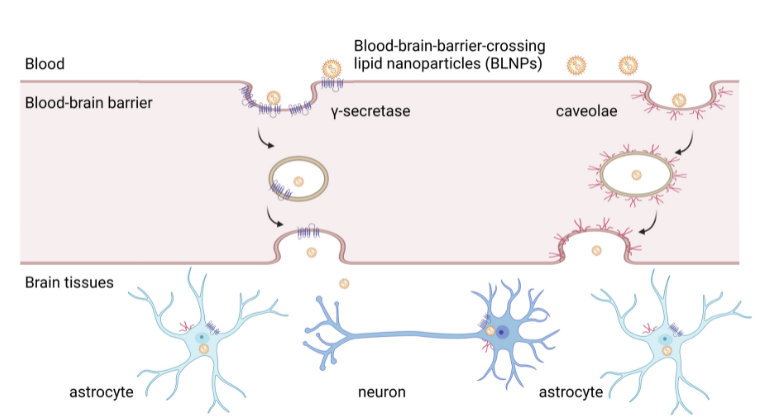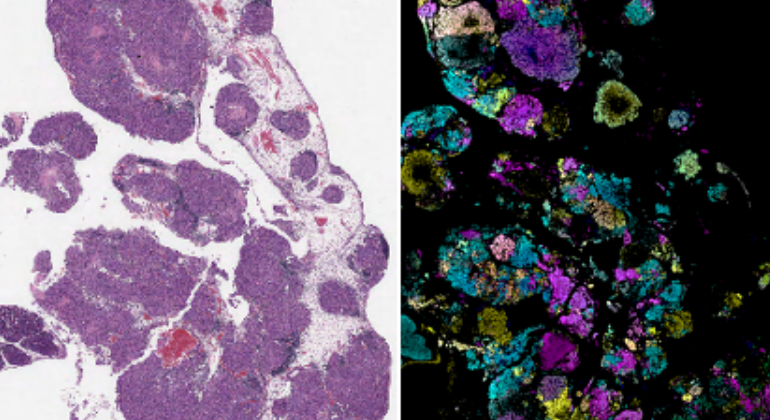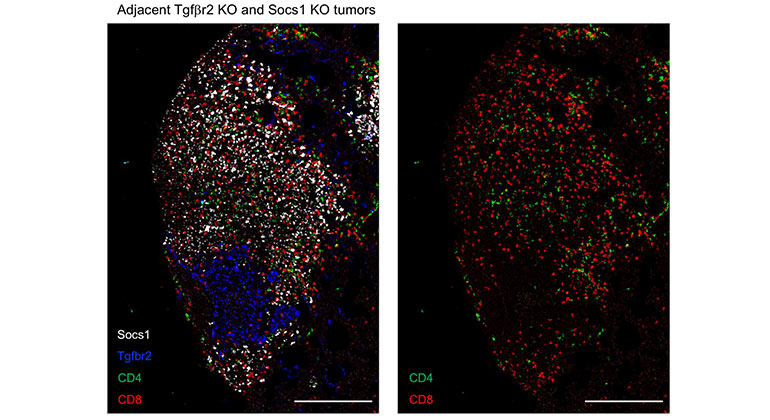Scientists Identify FLT3 Gene as a Valid Therapeutic Target in Acute Myeloid Leukemia
Use of new gene-sequencing technology rapidly identifies mutations that lead to drug resistance
Through a groundbreaking new gene sequencing technology, researchers have demonstrated that the gene FLT3 is a valid therapeutic target in Acute Myeloid Leukemia, AML, one of the most common types of leukemia. The technique, developed by Pacific Biosciences, allows for the rapid and comprehensive detection of gene mutations in patients with AML. The findings, published online April 15 in Nature, are a result of collaboration among scientists at the University of California, San Francisco, Pacific Biosciences and Mount Sinai School of Medicine. The discovery may help lead to the development of new drugs to treat AML.
"By sequencing the FLT3 gene in AML patients who have relapsed on therapy targeted against FLT3, we have determined that FLT3 is a valid therapeutic target, and this will certainly help us better understand the physiology of this type of leukemia in order to help us develop new therapies in the future," said Andrew Kasarskis, PhD, who performed the research with colleagues at Pacific Biosciences prior to becoming Vice Chair of the Department of Genetics and Genomic Sciences at Mount Sinai School of Medicine. "In addition, sequencing hundreds of single molecules of FLT3 allowed us to see drug resistance mutations at low frequency. This increased ability to see resistance will let us identify the problem of the resistance sooner in a patient’s clinical course and help us take steps to address it."
Historically, DNA sequencing of individual molecules in a mixture has been difficult and time-consuming to achieve. However, Pacific Bioscience’s single molecule real-time sequencer, the PacBio® RS, identified mutations in the sequence reads obtained in a single run even at low levels, on the order of 1 to 3 percent of total sequence reads.
“This finding may have great utility for drug development, as we can begin to test drugs or a combination of drugs in patients with AML who have relapsed,” added Kasarskis, who is also Co-Director of the Institute for Genomics and Multiscale Biology at Mount Sinai. “Furthermore, if we can find out when the drug resistant mutations occur exactly, clinicians may be able to prescribe another drug more quickly.”
In this era of personalized medicine, many drugs have been developed to target the mutations in genes that cause cancer - in an effort to attack the cancer with minimal side effects. Oftentimes, patients develop resistance to drugs and new therapeutic strategies must be applied, so physicians use a second line drug, or combination of drugs, in an effort to target the new gene mutations that develop. Knowing exactly when this mutation and subsequent resistance occurs may be very helpful in identifying when new therapies may be prescribed.
In this study, researchers worked with eight leukemia patients who had participated in a clinical trial involving a compound known as AC220, the first clinically-active FLT3 inhibitor. All eight patients relapsed after first achieving deep remissions with AC220. The relapse indicated that patients had developed a resistance to the drug.
AML is characterized by the rapid growth of abnormal white blood cells that accumulate in the bone marrow and interfere with the production of normal blood cells. Treatment includes chemotherapy in order to eliminate leukemic cells and stem cell transplantation. However, through the identification of a valid therapeutic target (FLT3), scientists can begin to develop new and more effective therapies in the future.
“Mount Sinai is deeply committed to addressing the problem of drug resistance in all diseases including cancer and infections with viruses or bacteria,” said Kasarskis. “This study certainly tries to address the issue, and we look forward to making continued progress in this area.”
Study authors include scientists from University of California, Berkeley; Sidney Kimmel Comprehensive Cancer Center at Johns Hopkins; Abramson Cancer Center of the University of Pennsylvania and Ambit Biosciences in San Diego.
About The Mount Sinai Medical Center
The Mount Sinai Medical Center encompasses both The Mount Sinai Hospital and Mount Sinai School of Medicine. Established in 1968, Mount Sinai School of Medicine is one of the leading medical schools in the United States. The Medical School is noted for innovation in education, biomedical research, clinical care delivery, and local and global community service. It has more than 3,400 faculty in 32 departments and 14 research institutes, and ranks among the top 20 medical schools both in National Institutes of Health (NIH) funding and by U.S. News & World Report.
The Mount Sinai Hospital, founded in 1852, is a 1,171-bed tertiary- and quaternary-care teaching facility and one of the nation’s oldest, largest and most-respected voluntary hospitals. In 2011, U.S. News & World Report ranked The Mount Sinai Hospital 16th on its elite Honor Roll of the nation’s top hospitals based on reputation, safety, and other patient-care factors. Of the top 20 hospitals in the United States, Mount Sinai is one of 12 integrated academic medical centers whose medical school ranks among the top 20 in NIH funding and U.S. News & World Report and whose hospital is on the U.S. News & World Report Honor Roll. Nearly 60,000 people were treated at Mount Sinai as inpatients last year, and approximately 560,000 outpatient visits took place.
For more information, visit http://www.mountsinai.org/.
Find Mount Sinai on:
Facebook: http://www.facebook.com/mountsinainyc
Twitter @mountsinainyc
YouTube: http://www.youtube.com/mountsinainy
About the Mount Sinai Health System
Mount Sinai Health System is one of the largest academic medical systems in the New York metro area, with 48,000 employees working across seven hospitals, more than 400 outpatient practices, more than 600 research and clinical labs, a school of nursing, and a leading school of medicine and graduate education. Mount Sinai advances health for all people, everywhere, by taking on the most complex health care challenges of our time—discovering and applying new scientific learning and knowledge; developing safer, more effective treatments; educating the next generation of medical leaders and innovators; and supporting local communities by delivering high-quality care to all who need it.
Through the integration of its hospitals, labs, and schools, Mount Sinai offers comprehensive health care solutions from birth through geriatrics, leveraging innovative approaches such as artificial intelligence and informatics while keeping patients’ medical and emotional needs at the center of all treatment. The Health System includes approximately 9,000 primary and specialty care physicians and 11 free-standing joint-venture centers throughout the five boroughs of New York City, Westchester, Long Island, and Florida. Hospitals within the System are consistently ranked by Newsweek’s® “The World’s Best Smart Hospitals, Best in State Hospitals, World Best Hospitals and Best Specialty Hospitals” and by U.S. News & World Report's® “Best Hospitals” and “Best Children’s Hospitals.” The Mount Sinai Hospital is on the U.S. News & World Report® “Best Hospitals” Honor Roll for 2024-2025.
For more information, visit https://www.mountsinai.org or find Mount Sinai on Facebook, Instagram, LinkedIn, X, and YouTube.
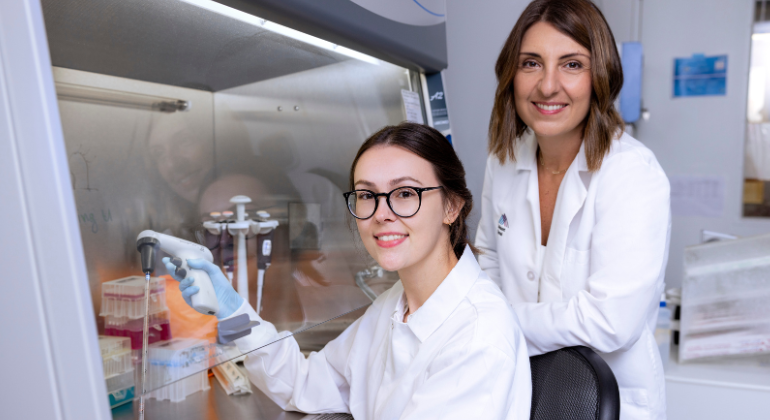
Mount Sinai Researchers Uncover Why Some Leukemia Cells May Resist Treatment
Oct 30, 2024 View All Press Releases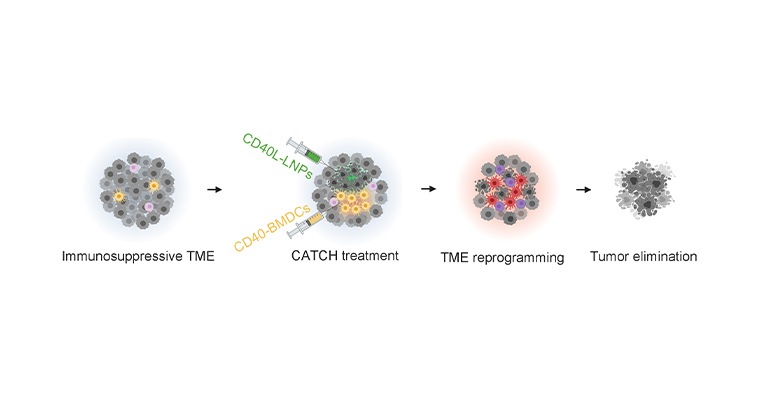
New RNA-based Therapy Combats Melanoma in Mouse Models
Jul 27, 2023 View All Press Releases
Targeting One Type of Immune Cell With Another Slows Cancer Growth in Preclinical Studies
Oct 25, 2022 View All Press Releases
Novel CRISPR Imaging Technology Reveals Genes Controlling Tumor Immunity
Mar 15, 2022 View All Press Releases